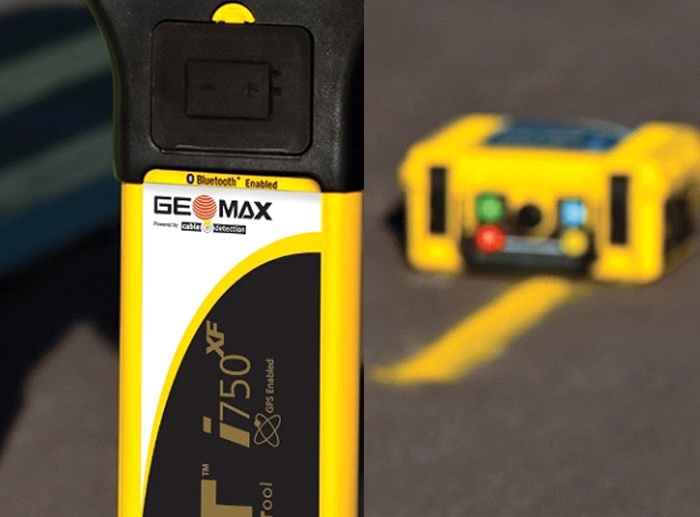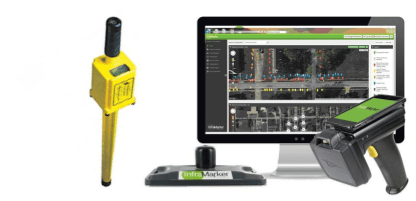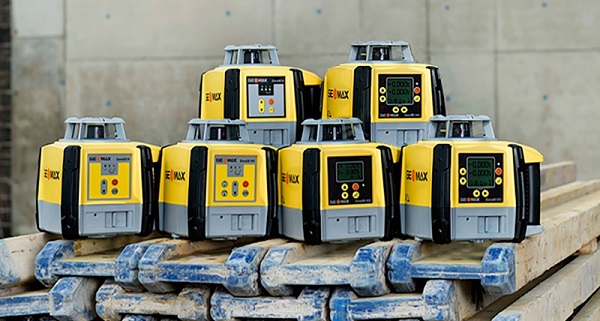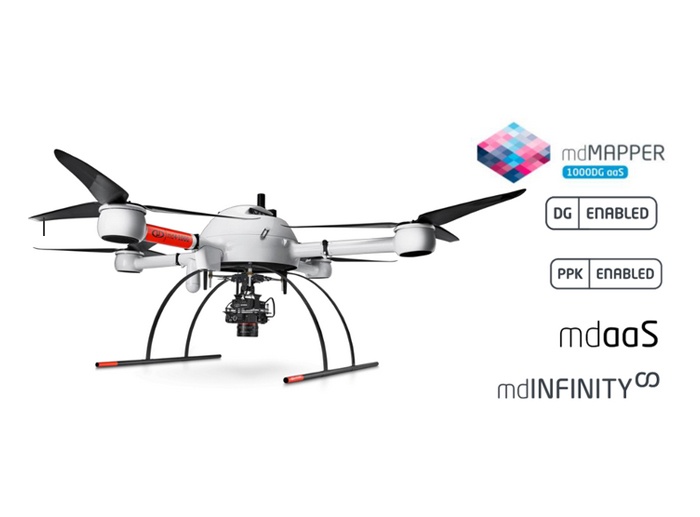Metallurgy Testing Services
Metallurgical testing refers to the collection and analysis of various metals, materials, and alloy samples. It is also known as metallurgical analysis, metallurgical evaluation and metallurgical examination. In the metallurgical testing service, microscopy is used to obtain/verify vital information about the micro/macrostructure and properties of metals/materials. Testing metals before their use is critical to determine whether or not a particular metal is appropriate for a given application. Some core properties examined during metallurgical testing include tensile strength, surface contamination, hardness, elasticity and grain size.
At GTS, we offer professional metallurgical testing services in Oman. We undertake physical metallurgical testing for a wide range of materials and products. All tests comply with the international standards set by ASTM, BS, EN and ISO. Also, all tests are performed in accordance with the rigorous quality requirements set by the local governing authorities.
Through our metallurgical testing laboratory services, you can determine the structural features of metals, evaluate the effects of heat treatments, evaluate defects, and ensure the metal/material complies with the required specifications. Our comprehensive metallurgical testing services include corrosion analysis, microhardness testing, microstructure & macrostructure examinations, among others.
Our high-skilled and trained team of metallurgists make use of innovative metallurgical testing equipment to provide the most accurate results at the quickest turnaround time. Our cost-effective metallurgical testing services are ideal for testing both ferrous and non-ferrous metallurgical materials. Moreover, we can help you determine the root cause of material failure that will help you to make a well-informed decision.
- Tensile test:Also known as tension testing, this test is used to determine the material strength, and how much pressure you can put on it before it breaks. This metallurgical testing method is used to determine the tensile strength, yield strength, strain hardening characteristics, etc.
- Bend test: This is a simple test used to evaluate the ductility & soundness of material without affecting its strength. This test is commonly used for quality control testing of butt-welded joints.
- Re-Bend test: In contrast, the re-bend test is used to measure the effect of strain ageing on steel.
- Reinforcement Steel
- Tensile Testing of Steel Bars up to 32mm dia
- Bend up to 32mm dia
- Re-Bend up to 32mm dia
- Seven wire (Pre-stressing Strand)
- Epoxy Coating continuity (Holiday Test)
- Epoxy Coating Thickness (Micron)
- Bending Test (Coating Flexibility)
- Tensile Testing of Steel Bars up to 32mm dia with coupler
Get in touch with us to know how we can meet your metallurgical testing needs.
- Tensile test
- Bend test
- Re Bend test
- Reinforcement Steel
- Tensile Testing of Steel Bars up to 32mm dia
- Bend up to 32mm dia.
- Re-Bend up to 32mm dia.
- Seven wire (Prestressing Strand)
- Epoxy Coating continuity (Holiday Test)
- Epoxy Coating Thickness (Micron)
- Bending Test (Coating Flexibility)
- Tensile Testing of Steel Bars up to 32mm dia with coupler




















